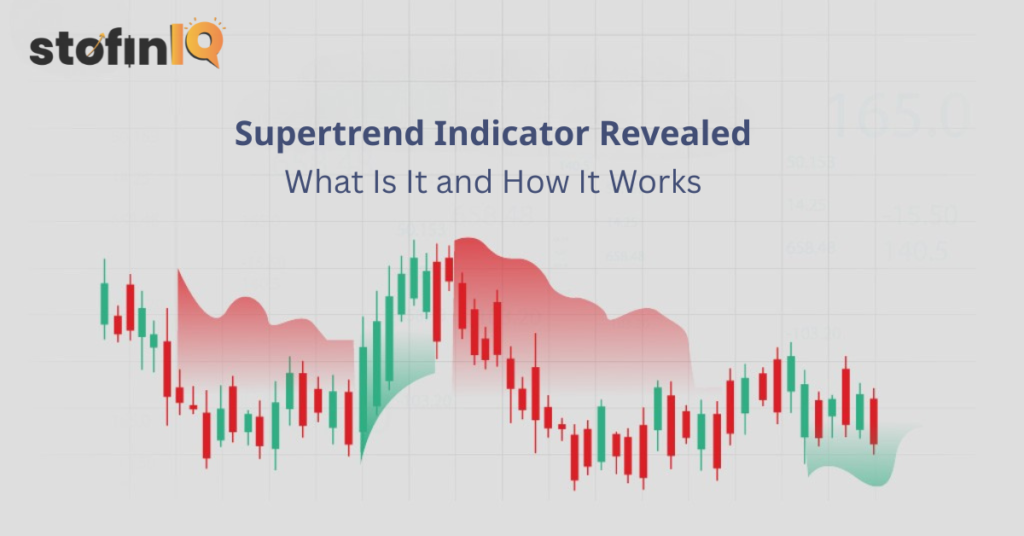
Trading can often be viewed as a numbers game, with financial news, charts, and indicators taking center stage. However, a lot of traders fail to recognize how important Trading and Psychology are to long-term success. The reality is that your trading career can be made or broken by your attitude and emotional regulation. In this post, we’ll look at how developing your mental toughness can help you consistently and confidently trade the markets.
Why Trading and Psychology Go Hand in Hand
Fundamentally, trading is a conflict between self-control and impatience, fear and greed. If your emotions take over, even the most carefully thought-out plans can backfire. Herein lies the role of trading psychology. It is the study of how mental habits, biases, and emotions affect trading choices.
Consider this: Have you ever hung onto a losing trade in the hopes that it would improve? or, out of fear, pulled out of a profitable trade too soon? These are well-known instances of how trading outcomes are influenced by psychology. You can make more intelligent, logical decisions if you can comprehend and control your emotions.
The Emotional Rollercoaster of Trading
Trading is naturally stressful. Losses are unavoidable because the markets are volatile. It’s simple to fall into emotional traps like these if you don’t have the correct attitude.
- Fear of Missing Out (FOMO): Making rash trades without doing enough research out of concern that you might miss a significant opportunity.
- Revenge trading: It is the practice of making rash, high-risk trades in an attempt to make up losses.
- Overconfidence: Allowing a couple of victories to boost your self-esteem can result in careless choices.
These psychologically based actions can cause even the most seasoned traders to lose their way. The important thing is to identify these trends and create countermeasures.

Building a Trader’s Mindset: Tips for Success
Trading psychology is about managing emotions, not about getting rid of them. The following useful advice can assist you in developing a resilient mindset:
1. Create and follow a trading plan
In volatile markets, a clear trading plan is your compass. It describes your overall plan, rules for risk management, and points of entry and exit. Following your plan will help you stay focused on your objectives and make fewer emotional decisions.
2. Develop Your Emotional Intelligence
Observe your emotions before, during, and following trades. Do you feel nervous, excited, or overconfident? You can take action to maintain composure and reason by recognizing your emotional triggers.
3. Adopt Risk Control
While losses are inevitable, they won’t wipe out your account if you practice good risk management. Employ strategies like position sizing and stop-loss orders to safeguard your money and lessen anxiety.
4. Learn from Your Mistakes
Any trader will err. Consider them teaching moments rather than a reason to be angry. Evaluate what went wrong, modify your approach, and proceed.
5. Maintain Patience and Discipline
Trading is not a scheme to make quick money. It takes perseverance, self-control, and a long-term outlook. Put your attention on steady, long-term growth rather than chasing after short-term gains.
The Role of Cognitive Biases in Tradingv
Cognitive biases are shortcuts in the mind that can cause bad decision-making. In trading, some typical biases are:
- Confirmation Bias: Looking for information that confirms your current beliefs while disregarding opposite evidence.
- Anchoring Bias: Having an over-reliance on the first bit of information you get (e.g., initial price target).
- Loss Aversion: Experiencing losses more intensely than gains, resulting in overly cautious behavior.
By recognizing these biases, you can take action to offset their influence and make more balanced choices.
Tools to Improve Your Trading Psychology

Following are some tools and techniques to make your mental game stronger:
- Journaling: Use a trading journal to record your decisions, feelings, and results. This might assist you in recognizing patterns and areas where you need to improve.
- Meditation and Mindfulness: They may enable you to remain focused and composed even during critical situations.
- Mentorship and Community: Be around veteran traders who can provide advice and support.
Final Thoughts
Mastering your mind is just as important to trading as mastering the markets. You can build the mental toughness required to handle the highs and lows of the financial world by comprehending the fundamentals of Trading and Psychology.
Keep in mind that trading success takes time. It’s a path of ongoing education, introspection, and self-control. You’ll be well on your way to reaching your trading objectives if you take the time to improve your mindset.

